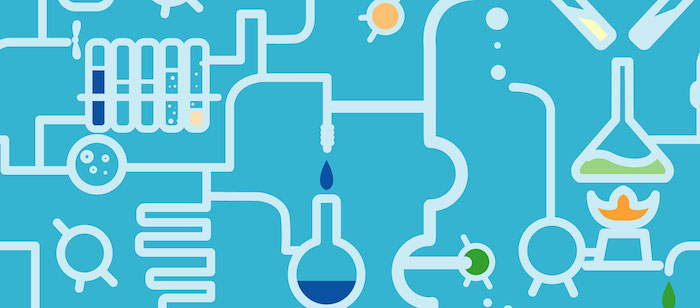
©
I wrote my book God in the Lab: How science enhances faith to help non-scientists appreciate what it’s like to work in science, and why scientists who are Christians usually find that their faith flourishes in this environment. Scientists have also found the book encouraging.
Starting with a chapter on life in the lab and a brief explanation of how Christianity can work hand in hand with science, it covers a trajectory from the creativity and imagination that are integral to scientific work, through the experiences of beauty and wonder to awe, which so often raises spiritual questions. I’ve found that focussing on these topics can create space for discussions that go beyond the usual debates about science and religion.
I wrote these discussion questions to help readers unpack – and in some cases to experience for themselves – the main themes and values of the book. Please let me know how you get on, and feed back any more question ideas!
- A friend described this book as a ‘love letter about science’. Which aspects of life in the lab do you love, or think you might love if you were a scientist?
- What was your impression of the relationship between science and Christian faith before, and after, reading this book?
- Leaving technology (which is not science, but an application of scientific knowledge) aside, have you been inspired by any aspects of scientific creativity since reading the book? How have these affected your faith, or your worldview?
- What do you think of the idea that freedom of imagination is as important in science as it is in Christianity?
- How has beauty in the created order recently fuelled your faith, or your sense of wonder?
- The more we know, the greater our sense of wonder. How has this been your experience in life, and has science or Christian faith been a part of the process?
- What do you think of the idea that there might be something beyond science that is so intelligible that we can’t fully take it in, like being “overwhelmed by dazzling light”? (Enrico Cantore, p203)




